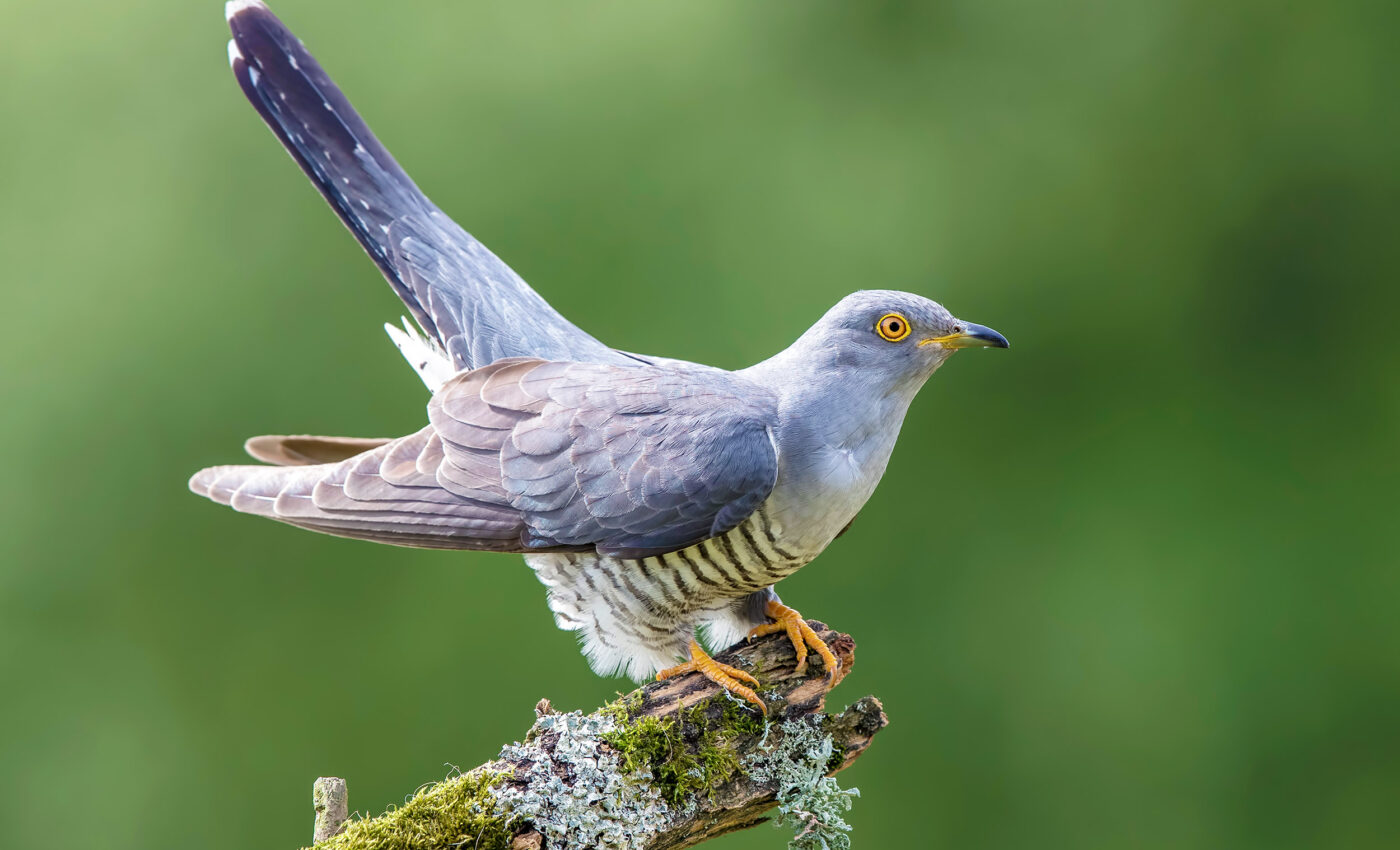
Bird populations in the UK are being decimated by climate change
Climate change is reshaping bird habitats and populations across the United Kingdom, presenting both challenges and opportunities for native and migratory species.
Scientists note that this environmental shift is producing “winners and losers” among bird populations, impacting not only the avian residents but also the bird-watching community in Britain.
Rising new sightings: The winners
According to a recent report by the BBC, bird enthusiasts in the UK are witnessing unprecedented sightings of non-native species, such as the black-winged stilts and bee-eaters — migrants previously seldom seen on British shores.
Bird species like reed warblers are leveraging the extended, warmer summers to increase their progeny, while others like the Cetti’s warbler, which colonized the UK decades ago, are progressively extending their range north.
Diminishing native species: The losers
Conversely, the shifting climate is posing significant threats to species like cuckoos and willow warblers, which are experiencing sharp declines in Southern Britain. Dr. Dave Leech, the Head of Ringing at the British Trust for Ornithology, spoke to the BBC about the precarious plight of cuckoos, stating their populations are in “free fall.”
The changing climate is reducing the availability of food, impeding these birds’ ability to refuel before their strenuous journey back over the Sahara to over-winter in Africa. The worry is that future generations might miss out on the distinctive calls of cuckoos, a sound once synonymous with British wildlife.
Multi-faceted pressure on bird populations
The precarious balance of the avian ecosystem in the UK is not solely attributed to climate change. Loss of natural habitats like meadows and hedgerows, combined with the usage of pesticides, has led to a decline in nearly half of all bird species in the country.
The British Trust for Ornithology reports a substantial decrease in the number of wild birds in Britain, witnessing a drop of 73 million since 1970.
Dr. Leech emphasizes that the changing climate is particularly impactful for migratory birds, which are grappling with extreme weather conditions across various continents, affecting their breeding, wintering, and migrational paths that span thousands of kilometers.
Strategic monitoring and mitigation
The continuous efforts of bird ringers and volunteers have been instrumental in monitoring these changes in bird populations, providing valuable insights into their decline.
Peter, a seasoned bird ringer from Gloucestershire, points out to the BBC that climate change, predominantly driven by human activities, will result in alterations in the avian landscape. While some species may disappear, others could become commonplace, shifting the avian biodiversity of the region.
Collecting and analyzing ringing data is crucial for devising effective mitigation strategies against the adverse effects of climate change on bird species. Understanding these shifts will enable more informed conservation strategies, aiming to preserve the rich and diverse bird life in the UK.
Preserving and conserving bird populations
In summary, the interplay between climate change and avian species is unveiling a new pattern in bird sightings in the UK. While this shift might excite bird lovers with the presence of new species, the decline of traditional inhabitants like the cuckoo raises concerns about the long-term impacts on the biodiversity of the region.
The proactive role of bird ringers, scientists, and volunteers is essential in monitoring and mitigating the repercussions of these environmental shifts, ensuring the sustenance of diverse bird species for future generations to experience and enjoy.
—
Like what you read? Subscribe to our newsletter for engaging articles, exclusive content, and the latest updates.
—
Check us out on EarthSnap, a free app brought to you by Eric Ralls and Earth.com.













